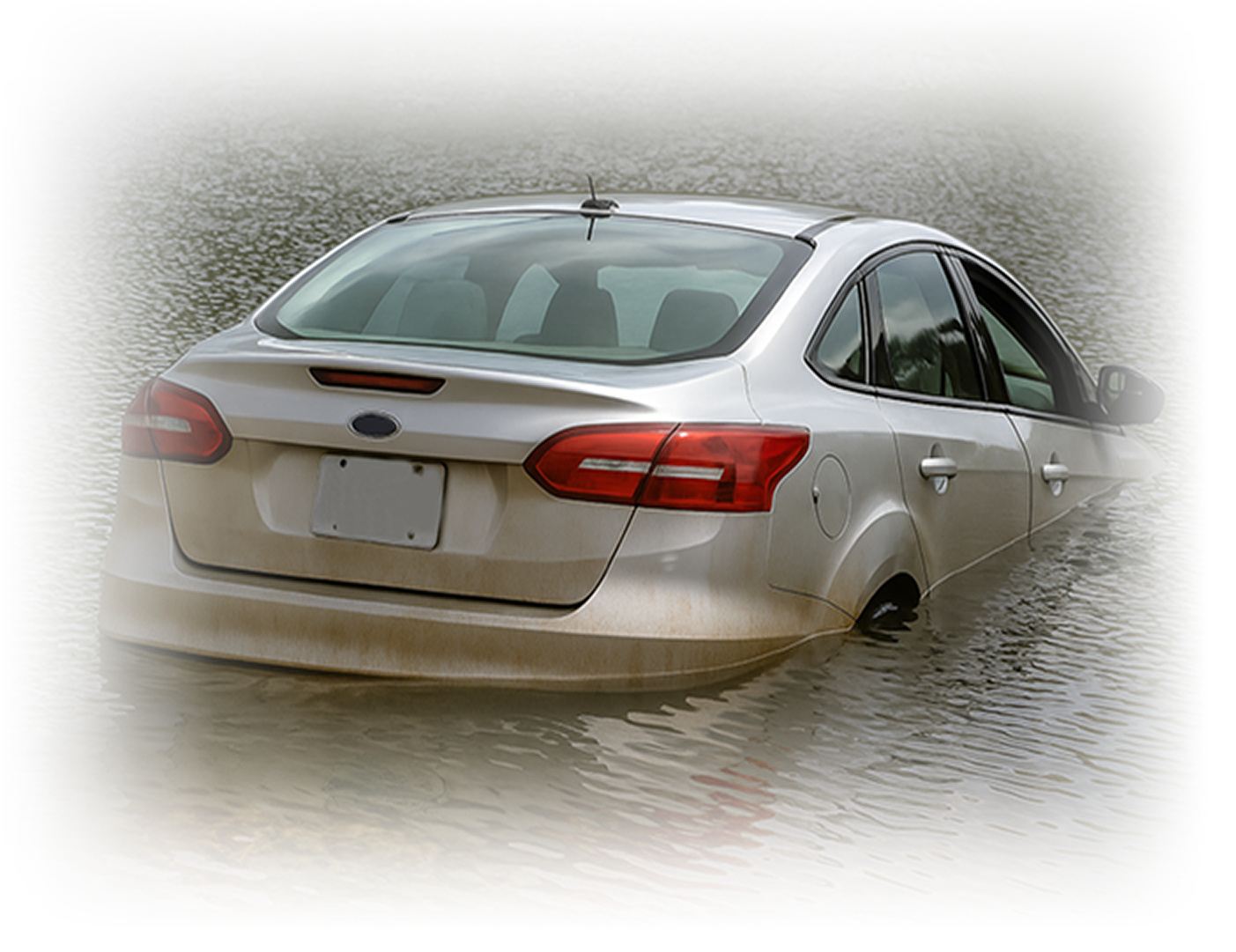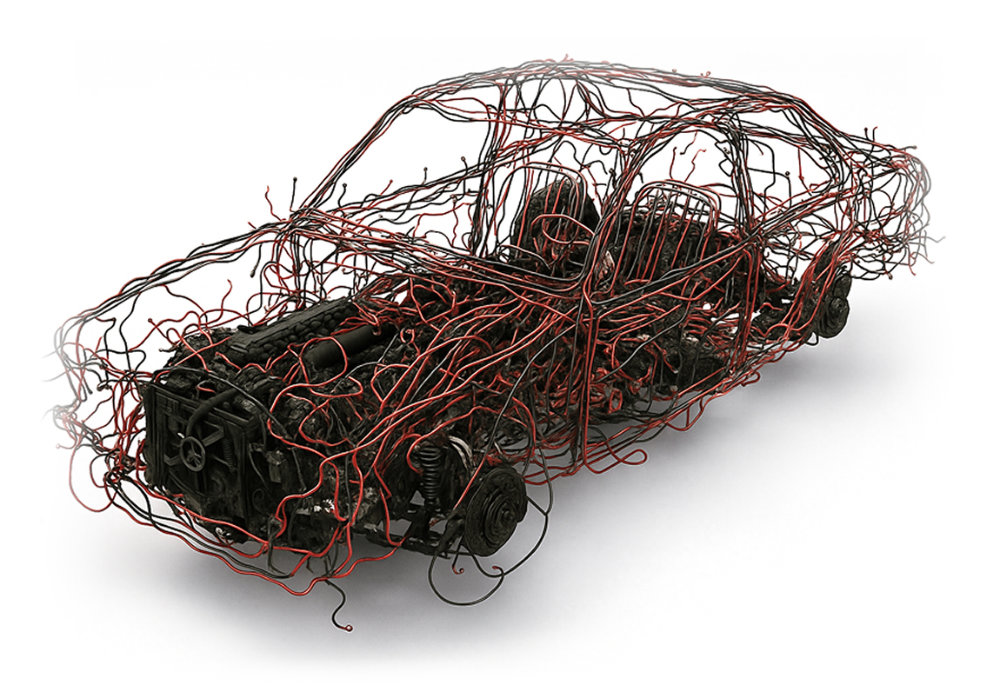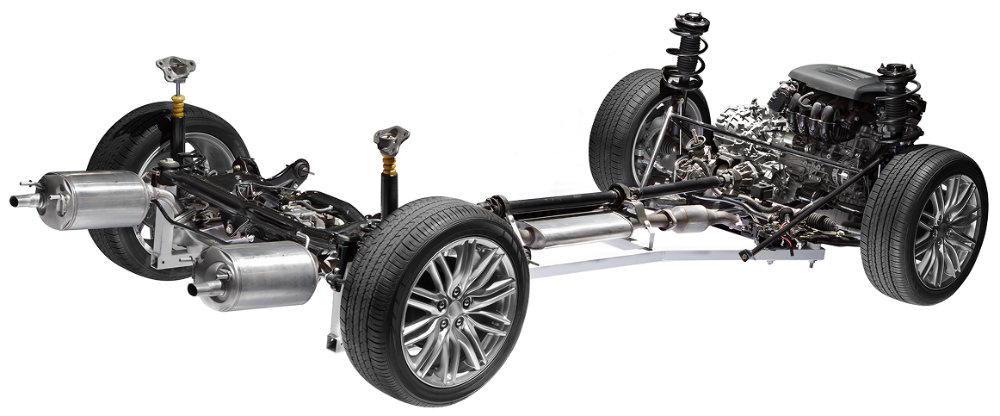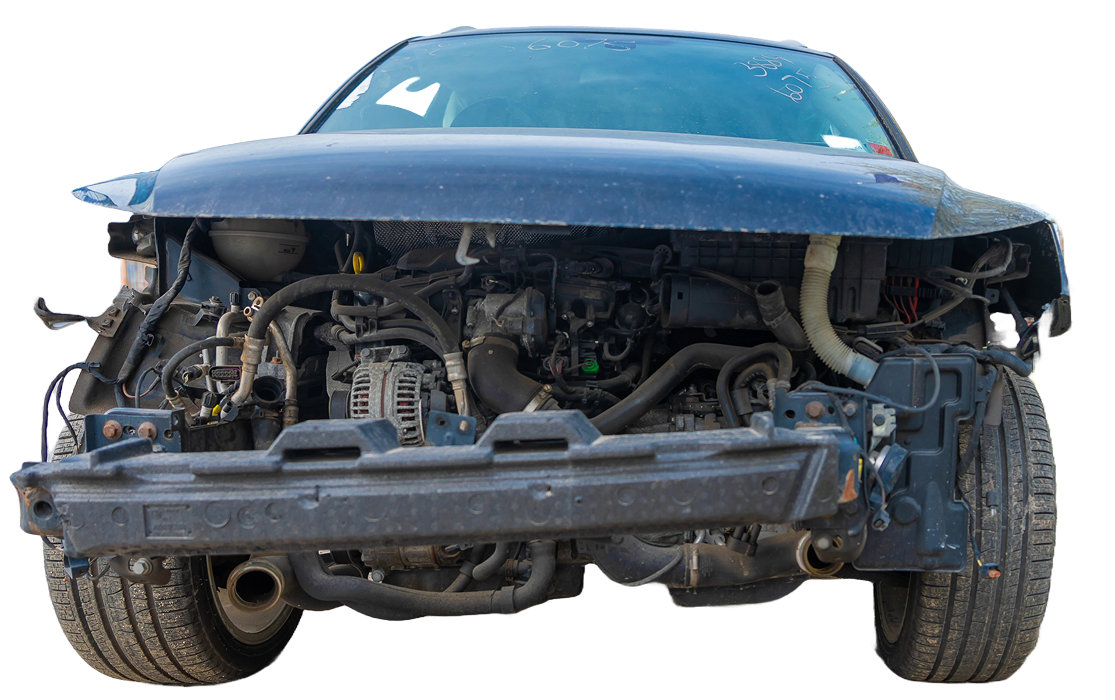Please check your VIN to make sure it’s valid and try your search again.
VIN must be made up of exactly 17 characters and belongs to a vehicle manufacturer after 1980.
Uncover a history of past flood and storm damage, total loss claims and more...
Start with an Instant VIN Lookup - find any vehicle by VIN
Search VIN
Please check your VIN to make sure it’s valid and try your search again.
VIN must be made up of exactly 17 characters and belongs to a vehicle manufacturer after 1980.

A VIN check is a valuable tool because it provides crucial information about the vehicle's history, possibly helping you avoid costly surprises. It may identify potential legal ownership issues or indicators of possible fraud along with the vehicle's registration and specifications, which is especially important when buying multi-stage construction vehicles like motorhomes. By running vehicle VIN check and generating a full Vehicle History Report, you can uncover details such as:

One of the first areas to suffer from water damage is the vehicle's electrical system. Modern cars are packed with multiple computers, sensors, and wiring running under the seats and floors, where floodwater collects first. Even a few inches of water can corrode connectors and short out critical systems, leading to problems with the engine, airbags, lights, and brakes. Due to the complex nature of modern-day vehicles electrical components and wiring the repairs may be hard to diagnose and seem never ending. It is not uncommon to see multiple system failures brought on by water damage that appear at different times, sometimes even months apart, often leaving owners with expensive repairs.

Water can get into the vehicle's engine and transmission, causing catastrophic damage to critical drivetrain components especially if the car was running when it was submerged. Water doesn’t compress like air, so if it gets sucked into the engine’s cylinders, it can bend or break internal parts in seconds. That kind of damage is sometimes enough to write the car off as a total loss. Even if the water did not make its way inside the combustion chambers it can still cause internal corrosion, premature wear and even seize crucial linkages and actuators.

Water can do extensive damage to a car’s interior, allowing for mold and mildew to quickly take hold, especially in the seats, carpets and ventilation system. Even if a vehicle looks and smells fine after a cleanup, over time moisture trapped in hard-to-reach places can cause delamination of bonded components and corrosion that can cause rust and rot over time.

Water stuck in various crevasses, such as the subframe and various parts of the undercarriage, can accelerate rust. In some instances when the water is not removed, it can cause rot compromising the vehicle's structural integrity.
Many flood-damaged vehicles are declared total losses by insurance companies. Unfortunately, some still make their way back onto the market, cleaned up just enough to fool unsuspecting buyers. Here are a few simple techniques you can use to check if the car was ever involved in a flood.
Look under the vehicle and check for excessive rust and corrosion. Some minor rusting and discoloration may be considered normal, especially if the vehicle is a few years old; however, be wary of flaking chunks of rust, rust caused holes and deep gouging in the vehicle’s undercarriage. Check for water staining and any visible signs of prolonged water exposure, such as silt residue and water marks. Check electrical components for any excessive dirt and signs of corrosion. Finally, inspect the vehicle's fluid; pay close attention to the engine oil. If the engine oil appears milky or frothy, it is a clear indication of water contamination. This type of contamination could be caused by flood water or by internal engine damage such as head gasket failure. Regardless of the cause of the problem, it is best to stay away from vehicles with any water contamination found within the engine.
Beyond possibly identifying various flood events in the car’s history, a full vehicle history report can provide valuable details, helping the potential buyer make a more informed car buying decision. Reports include:
Past Accidents
Open Liens
Manufacturer Recalls
Mileage Discrepancies
Theft History
Repossessions
Listing Images
Hidden Issues
Auction Records
Government & Taxi Use
Floods
Salvage History
Odometer Records
Ownership History
Sale History
Specs & Options
Yes. The report will show branded titles such as Salvage, Rebuilt, Water/Flood Damage, Hail Damage, Lemon, Fire Damage, etc.
You can check for flood damage by running a VIN report, which may show title brands like Flood, Water Damage or Salvage, along with insurance and auction records (when available).
A VIN report may show flood-related title branding, reported insurance claims and auction records indicating water exposure.
Flood-damaged cars can have hidden electrical issues, corrosion and long-term safety and reliability issues, making a VIN flood check an essential part of the smart used car buying process.
Here are the thoughts expressed by some of our customers:

Run a CarValid Vehicle History Report first!
Search VIN